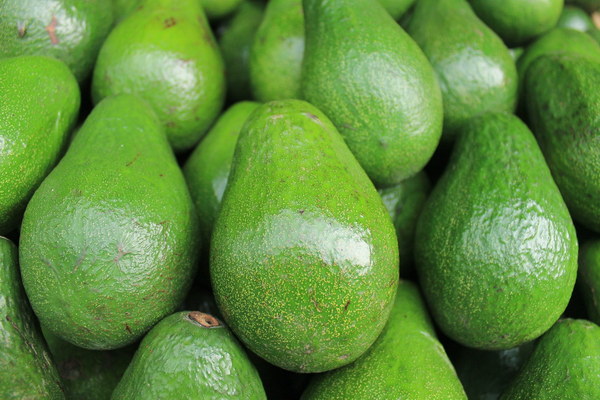Do Beans Support Liver Health Exploring the Potential Benefits of Snake Beans for Liver Care
In the realm of traditional medicine and holistic wellness, the question of whether certain foods can support liver health is often at the forefront. One such food that has garnered attention is snake beans, also known as green beans or string beans. The question on many minds is: Do beans, specifically snake beans, truly aid in liver health? Let's delve into the topic to find out.
The Liver: A Vital Organ
The liver is one of the most important organs in the human body. It performs a myriad of functions, including filtering blood, metabolizing nutrients, producing bile, and detoxifying harmful substances. Given its critical role, maintaining liver health is essential for overall well-being.
Snake Beans: A Nutritional Powerhouse
Snake beans, or green beans, are a versatile and nutritious vegetable. They are rich in vitamins, minerals, and antioxidants, making them a staple in many cuisines around the world. Some of the key nutrients found in snake beans include:
- Vitamin C: A powerful antioxidant that helps protect the liver from damage caused by free radicals.
- Vitamin K: Essential for liver function and blood clotting.
- Fiber: Promotes digestive health and can aid in lowering cholesterol levels.
- Manganese: Important for the synthesis of enzymes involved in liver function.
The Link Between Snake Beans and Liver Health
While more research is needed to establish a definitive connection, there are several reasons why snake beans might be beneficial for liver health:
1. Antioxidant Properties: The high vitamin C content in snake beans can help neutralize harmful free radicals that can damage liver cells.
2. Detoxification: The liver is responsible for filtering toxins from the body. Foods high in antioxidants and nutrients can support this process, and snake beans may contribute to this detoxification.
3. Cholesterol Reduction: The fiber in snake beans can help lower cholesterol levels, which may reduce the risk of fatty liver disease.
4. Blood Sugar Regulation: Snake beans have a low glycemic index, which means they can help regulate blood sugar levels. This is important because high blood sugar levels can lead to insulin resistance and non-alcoholic fatty liver disease.
How to Incorporate Snake Beans into Your Diet
If you're interested in incorporating snake beans into your diet for potential liver health benefits, here are a few ideas:
- Stir-Fry: Sauté snake beans with garlic, ginger, and your favorite protein for a quick and healthy meal.
- Salad: Add sliced snake beans to a salad for a crunchy texture and a boost of nutrients.

- Soup: Include snake beans in soups or stews for a hearty and healthy meal.
Conclusion
While snake beans are a nutritious addition to any diet, it's important to note that they are just one part of a balanced approach to liver health. A diet rich in fruits, vegetables, whole grains, lean proteins, and healthy fats, combined with regular exercise and avoiding harmful substances, is the best way to support liver health.
While the research on snake beans and liver health is still emerging, the potential benefits of this versatile vegetable are worth exploring. Adding snake beans to your diet could be a simple and effective step towards maintaining a healthy liver. Always consult with a healthcare professional before making significant changes to your diet or lifestyle.









